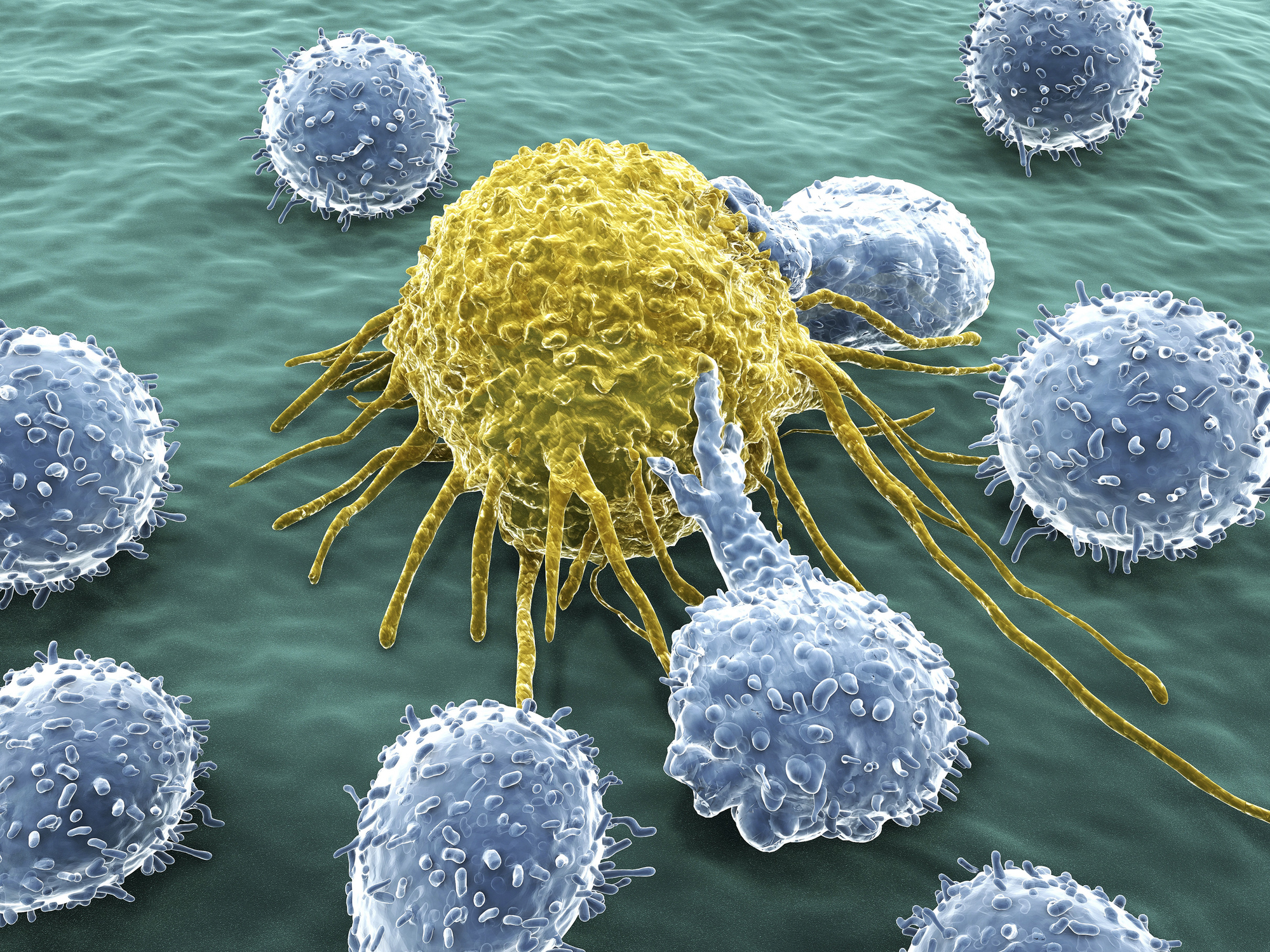Researchers at the Babraham Institute have uncovered new insights into the function of PTPRK, a protein linked to multiple forms of cancer and coeliac disease. The study, published in the Journal of Cell Science, reveals PTPRK’s crucial role in tumor suppression and tissue repair.
Dr. Katie Young, lead author of the study, said, “We aimed to investigate PTPRK’s role in the colon, connecting observations in the field back to complex signaling mechanisms.”
The team’s findings show that PTPRK deletion in colorectal cancer cells impaired wound-healing response and cellular polarization. In animal studies, mice lacking PTPRK showed increased susceptibility to colitis and developed larger, more invasive tumors in a colorectal cancer model.
Importantly, the researchers discovered that PTPRK’s tumor suppression function was independent of its phosphatase activity. Gene expression analysis revealed PTPRK’s influence on epithelial cell identity and plasticity, suggesting it plays a key role in regulating tissue repair processes.
The study also found that PTPRK suppresses tumor development partly by regulating epidermal growth factor receptor (EGFR) signaling.
Dr Hayley Sharpe, group leader in the Signalling research programme at the Institute, said: “The goal of our research was to pull several observations together and begin to fill in the gaps of what we don’t know about PTPRK. It has been assumed that PTPs act as tumour suppressors by countering kinase activity by dephosphorylation on oncogenic phosphotyrosine modifications. Therefore, the non-catalytic role of PTPRK in signalling is really intriguing to us and how it achieves this is an important next question to fully understand its role in tumour suppression.”
(Inputs from ANI)




















